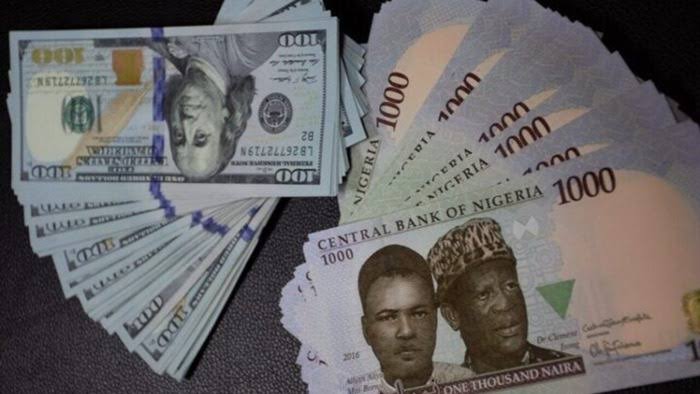Supported by the latest FX inflow into the market, the improvement in US dollar supply has supported the Naira rally. With the use of policy measures, the apex bank intensified effort to reduce speculation on the local currency. The naira converged for the first time in March 2024.
The Nigeria Exchange rate is around N1,603 per dollar at the official and parallel markets. The volume of US dollars requested for import matched the forex supply at the official market.
For about a week, the FX rate has remain stagnant to around N1600 per dollar. Analyst express their view that forex volume available at the official window will determine the next price action exchange rate direction.
It was reported that Goldman Sachs has predicted that the naira will appreciate to N1200 within 12 months. Also, Financial Derivative Company estimate pegged naira’s true value at N910.10.
The Central Bank of Nigeria (CBN) claimed that the local currency is grossly undervalued but exchange rate movement continues to discount the assertion. “There is a limit to naira upside despite large devaluation following recent adjustment made by FMDQ FX pricing methodology,” an investment expert said.
Based on Nigeria’s exchange rate movement in the past, the naira has been recouping loss slowly. Each negative twist on the exchange rate (spurred by an increase in the US dollar) has been heavy– causing as much as 5% daily FX depreciation.
According to data obtained from FMDQ platform, the naira appreciated by 0.90% to close at ₦1,603.38 per US dollar at the Nigerian autonomous forex market. In the parallel market, the Naira closed at ₦1,603 to the US dollar.
FX rate has been relatively stable in the open market since the Central Bank of Nigeria (CBN) withdrew more than 4170 Bureau de Change operators’ licenses. The naira is expected to claw back losses triggered by previous policy gaps in the system. Following CBN’s recent directive, International Money Transfer operators (IMTOs) can no longer facilitate outbound money transfers to other countries.
“We believe that if the official exchange rate – almost at par with the parallel market rate- is allowed to reflect demand-supply dynamics, there will be less incentive to keep dollar inflows away from official channels”, the multi-asset investment banking firm said in its note.

